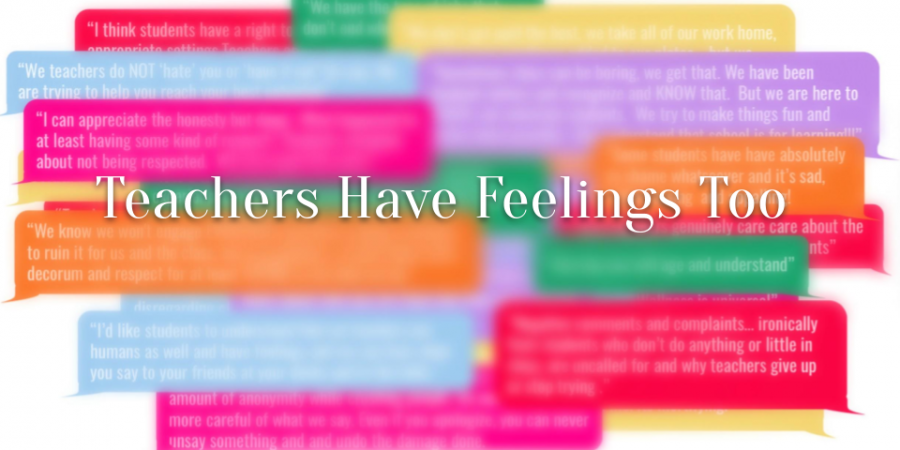


Educators play a pivotal role in shaping the future of society by imparting knowledge, shaping character, and providing support to students. In this process, the emotional well-being of educators significantly impacts their students, colleagues, and the overall learning environment. This article explores the ripple effect of educators’ emotions on the educational ecosystem.
Research has shown that emotions are contagious, and educators’ emotions can directly impact their students. When educators are enthusiastic, compassionate, and positive, students will be receptive to learning. Conversely, when teachers are stressed, frustrated, and mentally exhausted, they create an emotional atmosphere that can affect students’ mental health and academic performance.
Educators’ emotions not only affect students but also affect classroom dynamics. Teachers who exude confidence and calm are more likely to create a collaborative and productive learning environment. On the other hand, when educators suffer from emotional stress, it can lead to classroom confusion, a lack of focus, and tension in the overall learning experience.

Educators’ emotional states also greatly influence the quality of their relationships with students. When educators are empathetic, attentive, and emotionally available, they build trusting and supportive relationships with their students and foster a positive emotional climate within the educational setting, enabling students to feel safe, valued, and understood.
The emotional state of educators can impact their relationships with colleagues and the school community as a whole. A positive and emotionally resilient educator can inspire and uplift their colleagues, creating a culture of support, collaboration, and morale within the school. Conversely, emotionally strained educators can lead to a ripple effect of negativity, affecting the overall school environment.
Given the powerful ripple effect of educators’ emotions, prioritizing self-care and emotional regulation is crucial. Schools and educational institutions should recognize the importance of supporting educators’ emotional well-being through professional development, access to mental health resources, and fostering a culture of empathy and understanding.
In conclusion, the emotional state of educators has a profound ripple effect that extends far beyond the individual. By recognizing and addressing the impact of educators’ emotions, we can create a supportive and positive educational ecosystem that nurtures educators and students. It is imperative to acknowledge and honor the emotional labor of educators and provide the necessary support to create a nurturing environment where everyone can thrive.
Article by Victoria Davies
Kindergarten Homeroom Teacher

We are the only international school in Nigeria that offers 100% Ontario Ministry of Education approved Canadian (Ontario) curriculum from Grade 1 through 12.
